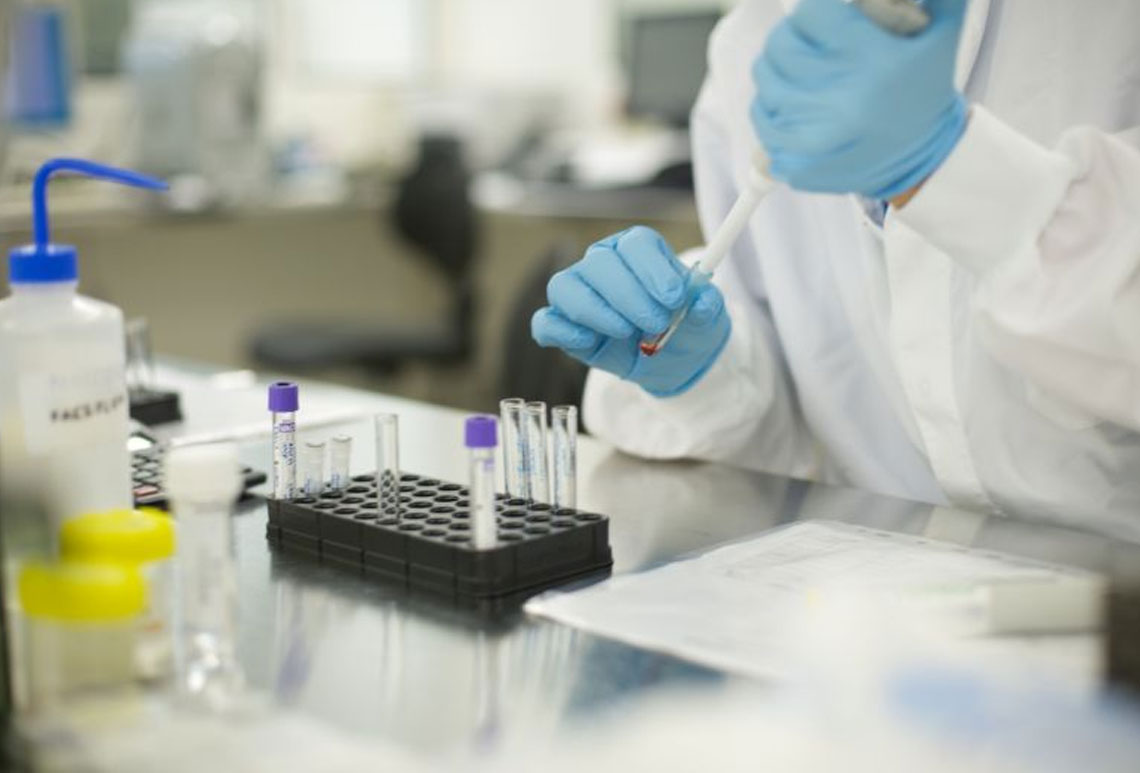-
24/7 available services
-

Clinical biochemistry, also known as chemical pathology, is a branch of medicine and pathology that focuses on the analysis of body fluids, such as blood, urine, and cerebrospinal fluid, to diagnose, monitor, and manage various diseases and conditions. By measuring the levels of various chemicals, enzymes, and other molecules in these fluids, biochemists gain valuable insights into the body's metabolic processes and identify abnormalities that may indicate underlying health problems.
Here's a breakdown of key aspects of clinical biochemistry: